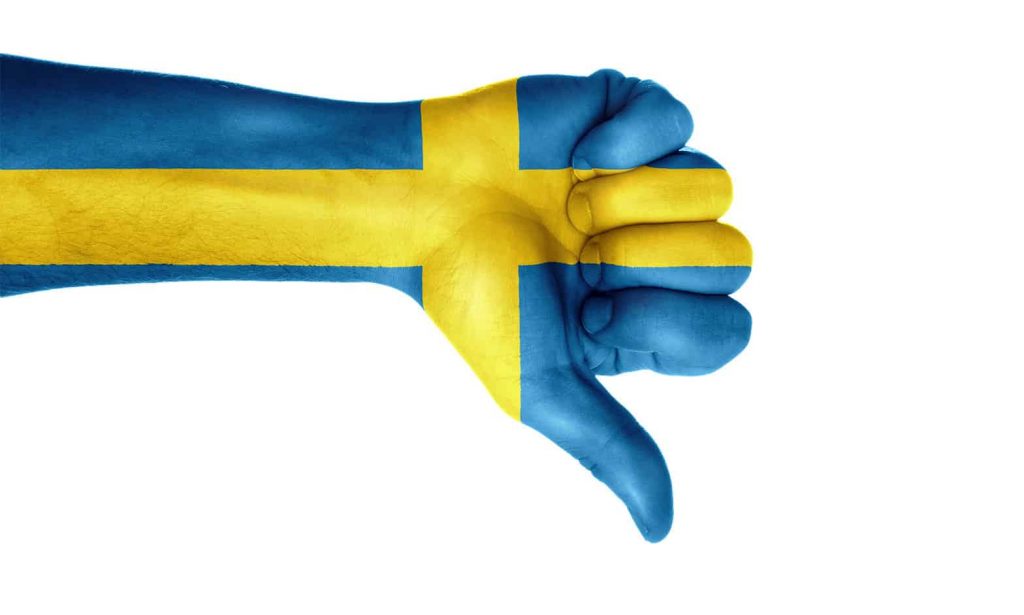For a nation that loves any excuse for a good old party, frustrations were riding high as Victory in Europe’s 75th anniversary celebrations were underway. Many felt this was a weak pretext to forget about lockdown for a few hours’ soiree with little regard for the risks. Wars are not black and white, and our surviving ‘heroes’ aren’t all in favour of glorifying a darker moment in our history; bringing into question whether we should celebrate at all. Not to mention our front line workers dying while attempting to save lives, nor those suffering in less than ideal living spaces who can’t escape the claustrophobia, cabin fever, abusive or overwhelming relatives.
Brits love throwing out the bunting, putting Vera Lynn on loudspeaker and all gather around our Victoria Sponge and scones for the Queen’s address. But what does all this tradition really mean and why do we do it?
Victory
Nazi Germany’s unconditional surrender of its armed forces Tuesday 8TH May 1945 marked the end of a long siege of the British isles and the liberation of Europe from 5 years of occupation.

This was marked by days of street parties and celebrations. The free world rejoiced we had defeated tyranny and free peoples had stood against incredible odds to triumph against a cruel dictator. London’s St Paul’s Cathedral held 10 services, which were attended by thousands of people.
But VE Day was also a moment of great sadness and reflection, as millions of people had lost their lives or loved ones in the conflict. Lives turned upside down.
Many had to continue fighting in other battles and lots of people were being kept as prisoners of war abroad. At home, there were crippling war debts, rationing and food stamps until 1954.
No victors in war
The Allies weren’t your superhero movie, clear-cut good guys in WWII. We abandoned eastern Europe in 1945 to communism and decades of oppression, murder and poverty behind the iron curtain that descended across Europe. Our bombing of Dresden and the ensuing firestorm that destroyed the city and took 25,000 non-combatant lives in February 1945 was highly controversial. British Joint Intelligence Subcommittee reports stated Germany might collapse by mid-April if the Soviets overran the Eastern front, making the civilian population air bombings unjustified.
The war hero myth
Not all of our war veterans were saints and heroes, as they themselves were often the first to admit. War veteran Harry Billinge told interviewers last D-Day commemorations, our collective memory is largely “bullshit”. “Don’t thank me, and don’t say I’m a hero,” he insisted. “All the heroes are dead.”
The American veteran Leonard Creo equally wasn’t taken in by commemorations. He believed that those few survivors were being heaped on more praise with each passing year as they dwindle in number.
Once they get to the last, he thinks they will have a big hurrah for “one little guy, who could have been a cook or a clerk or something.”
Pyrrhic Victory
Those who lived through such times know how morally complicated life was back then. A generation that understood wars are far from glorious, but in fact blot the very core of their moral fibre. It is why we sought refuge in supranational bodies to try and avoid repeats of such terrible times.
Our national leaders are already comparing the current coronavirus crisis to the last war. Perhaps it is time they followed our grandparents’ example and learned to work together once again, to tackle Covid-19 so we can emerge with our dignity intact. And, more importantly, without resurrecting old resentments toward other nationalities.
Does any event justify breaking lockdown restrictions?
With funerals limited to 20 minutes with only immediate family members, and even then 2 metres apart; the 2-metre interval conga lines from Grappenhall, in the North, to large street gatherings down South in Cosham Portsmouth rather show how some are taking liberties without regard for the consequence. With 35,000 deaths among a mere quarter million cases, flouting rules may have been permissible were we in February, but not now that it could have been many multiples of this. Sweden did not go into lockdown, and yet their economy is expected to shrink similarly to those that decided upon quarantines, according to the National Institute of Economic Research.

Why prolong the agony through selfish one day bender?
In comparison with most other prosperous nations, Brits suffer terrible housing, being forced to treat green, open spaces as a luxury rather than a right. There’s only so long you can expect those cooped up in small box-like high-rise tower blocks to keep fit, mentally well and carry on. Consider then atop this, children sharing rooms, students stuck in together, urban working classes without other options and local parks the only form of escapism. It is easy for most of us to imagine every home is alike in comfort and amply resourced as the next. We take for granted our gardens, computer rooms, quiet study and work rooms, nearby supermarkets and open spaces, our own bedrooms and bathrooms. So, before we keep breaking restrictions through whatever innovative mechanism we can devise, consider the potential damage we are unwittingly doing to those people trapped in home environments that are marred by economic and social disadvantage.
Commemorative activities are complex things. VE Day is not a straightforward celebration of revisionist history, but a time for reflection on a brutal conflict and the divided world it left behind. An aftermath that struggled desperately to overcome the horrors of our baser instincts, yet still allowed evil to flourish. Coronavirus shouldn’t be likened to another war against China, or the infection itself, but we should respect the sacrifices that most of the country are making toward defeating this common foe. Especially those risking it all on the front lines.


